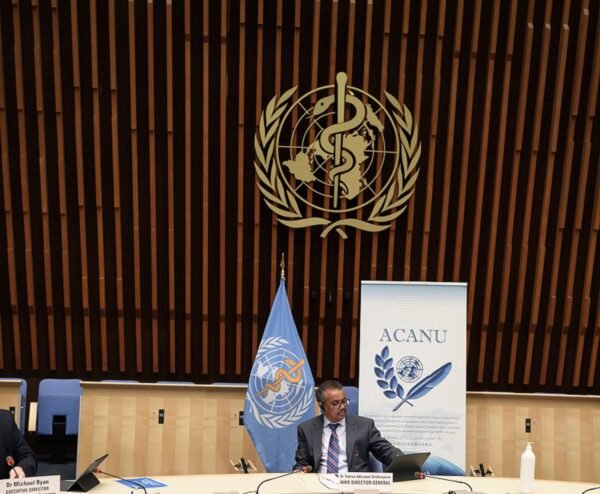What Leaving the WHO Means for the U.S and the World

The recent decision by President Donald Trump to withdraw the United States from the World Health Organization (WHO) has significant implications for both the U.S. and global health landscapes. This move, formalized through an executive order on January 20, 2025, echoes similar actions taken during his previous term and raises concerns among public health experts regarding its potential consequences.
Implications for the U.S.
Funding and Resources: The U.S. is one of the largest contributors to the WHO, providing approximately $1.28 billion in funding for 2022-2023. Withdrawing will lead to a substantial financial gap for the organization, which relies heavily on U.S. support for its operations and initiatives. Experts warn that this withdrawal will disrupt international health surveillance and response systems, making the U.S. more vulnerable to infectious diseases.
Public Health Risks: The cessation of U.S. participation in WHO’s global health initiatives could increase the risk of disease outbreaks within the country. Without access to WHO’s extensive databases and collaborative frameworks, the U.S. may face challenges in monitoring and responding to emerging health threats. Experts like Dr. Ashish Jha emphasize that effective global health coordination is crucial for safeguarding American public health.
Loss of Global Influence: The withdrawal signifies a retreat from global health diplomacy, diminishing the U.S.’s role in shaping international health policies and responses to pandemics. This shift could allow other nations, particularly China and Russia, to expand their influence in global health matters, potentially undermining U.S. interests abroad.
Global Consequences
Impact on WHO Operations: The WHO relies on contributions from member states to fund its programs aimed at combating diseases worldwide. The loss of U.S. funding is likely to hinder efforts in critical areas such as vaccination campaigns, disease eradication programs, and emergency response strategies. Experts predict that without U.S. support, WHO may struggle to implement necessary reforms and maintain its operational effectiveness.
Increased Health Inequities: The withdrawal could exacerbate existing health disparities globally, particularly in low- and middle-income countries that depend on WHO’s support for healthcare initiatives. As funding decreases, programs addressing maternal health, infectious diseases like HIV/AIDS and tuberculosis may suffer setbacks, impacting vulnerable populations disproportionately.
Shifts in Global Health Leadership: The exit of the U.S. from WHO may create a leadership vacuum that other nations could exploit. Countries like China may increase their contributions to fill the gap left by the U.S., potentially shifting the focus of global health priorities away from established norms and practices advocated by Western nations.
President Trump’s withdrawal from the WHO poses significant risks not only to American public health but also to global health security and cooperation. The ramifications of this decision will likely unfold over time, affecting both domestic policies and international relations in public health arenas.
